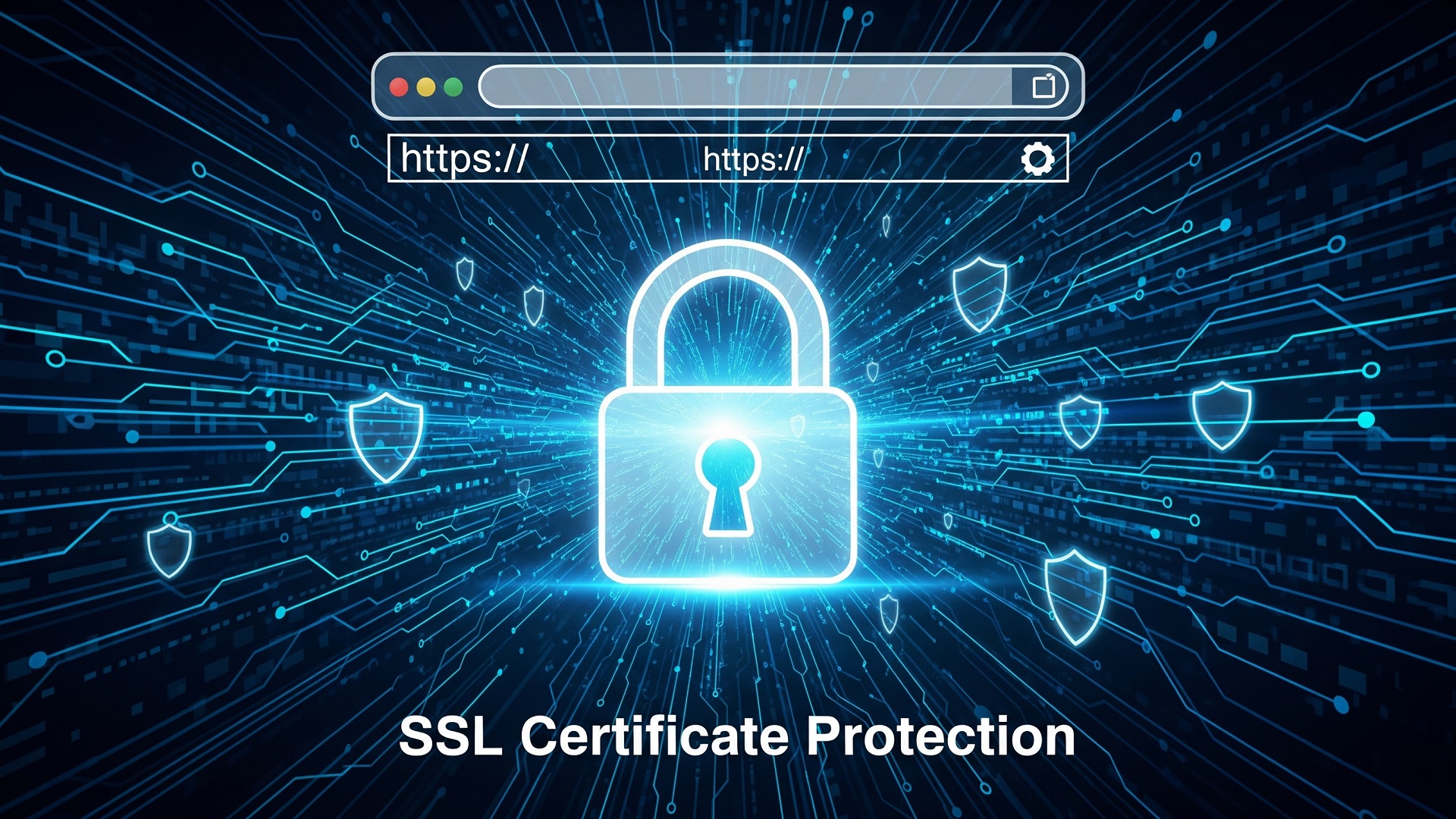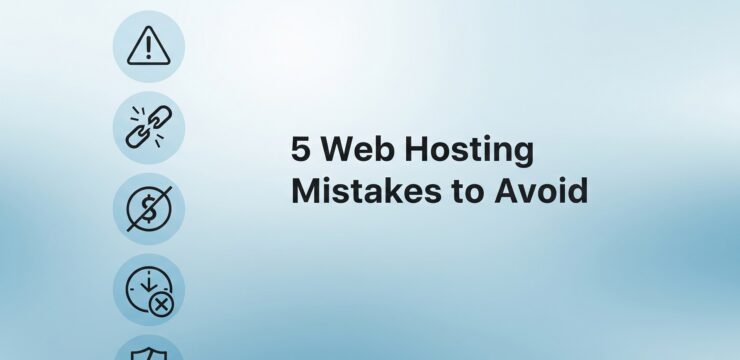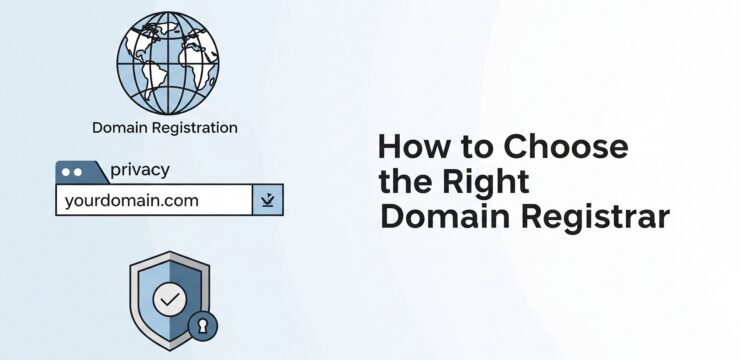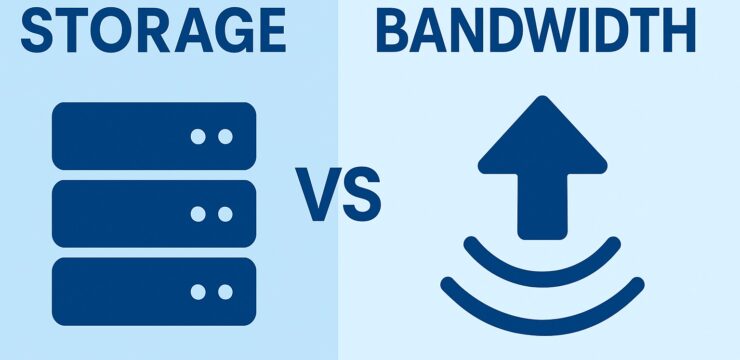Website owners often ask: how does an SSL certificate protect your site? In today’s digital world, cyber threats are more common than ever. Whether you’re running a business website, blog, or online store, protecting your data and your users is essential. One of the most effective tools for this is an SSL certificate, which secures the connection between your site and its visitors.
1. What Is an SSL Certificate?
An SSL (Secure Sockets Layer) certificate is a digital credential that verifies your website’s identity and creates an encrypted connection. This connection ensures that any data shared between the user’s browser and your server is safe from prying eyes. Once installed, your site URL will change from http:// to https://, and users will see a padlock icon—an instant trust signal.
2. How Does an SSL Certificate Protect Your Site Through Encryption?
SSL certificates protect your site by encrypting data like usernames, passwords, and payment information. This encryption converts the data into a code that can only be read by the intended recipient. Even if someone tries to intercept the data, it will appear scrambled and useless to them.
3. Defending Against Data Theft and Attacks
One of the ways an SSL certificate protects your site is by preventing man-in-the-middle attacks. These attacks happen when a hacker tries to intercept data between your server and a user’s browser. With SSL in place, this interception becomes nearly impossible, giving your users peace of mind.
4. Building Trust and Credibility
Users today are aware of online threats and often look for the padlock symbol before entering personal information. If your site doesn’t have SSL, browsers may display a “Not Secure” warning, which can scare away visitors. SSL helps you establish credibility and improve your site’s conversion rate.
5. Why SSL Is Required for Compliance and SEO
Beyond security, SSL is also necessary for compliance with regulations such as PCI-DSS if you process payments online. Additionally, Google uses HTTPS as a ranking factor, so having an SSL certificate can help you perform better in search results, making it a must-have for SEO.
Conclusion: SSL Is Essential for Website Protection
If you’re still wondering how does an SSL certificate protect your site, the answer is simple—it secures your data, builds trust, and boosts SEO. In today’s digital landscape, SSL is no longer optional. Install an SSL certificate to protect your website and give your visitors the confidence they deserve.






